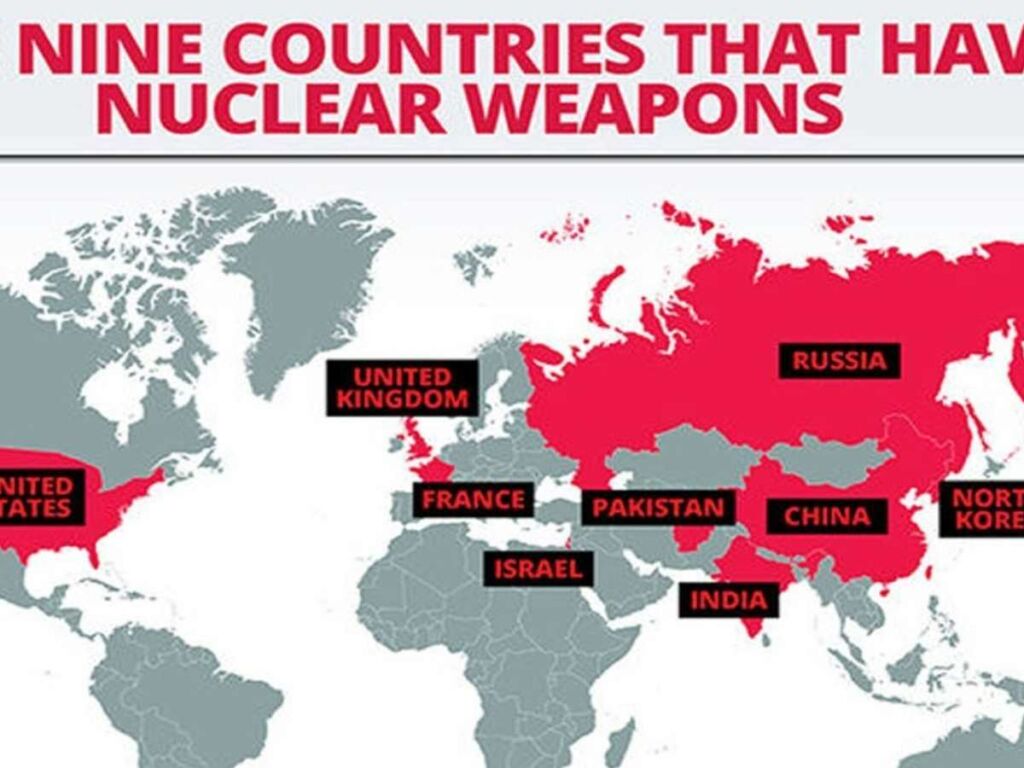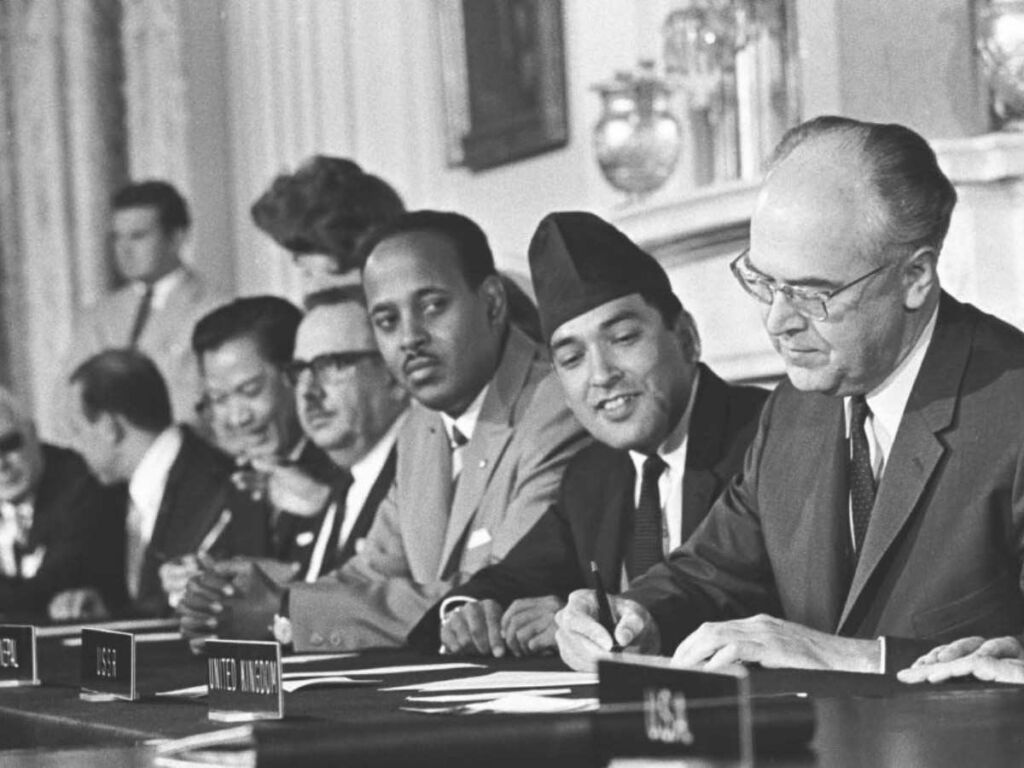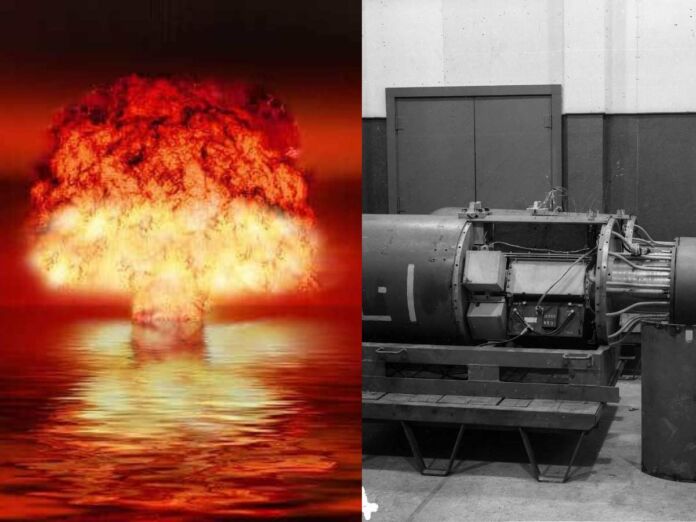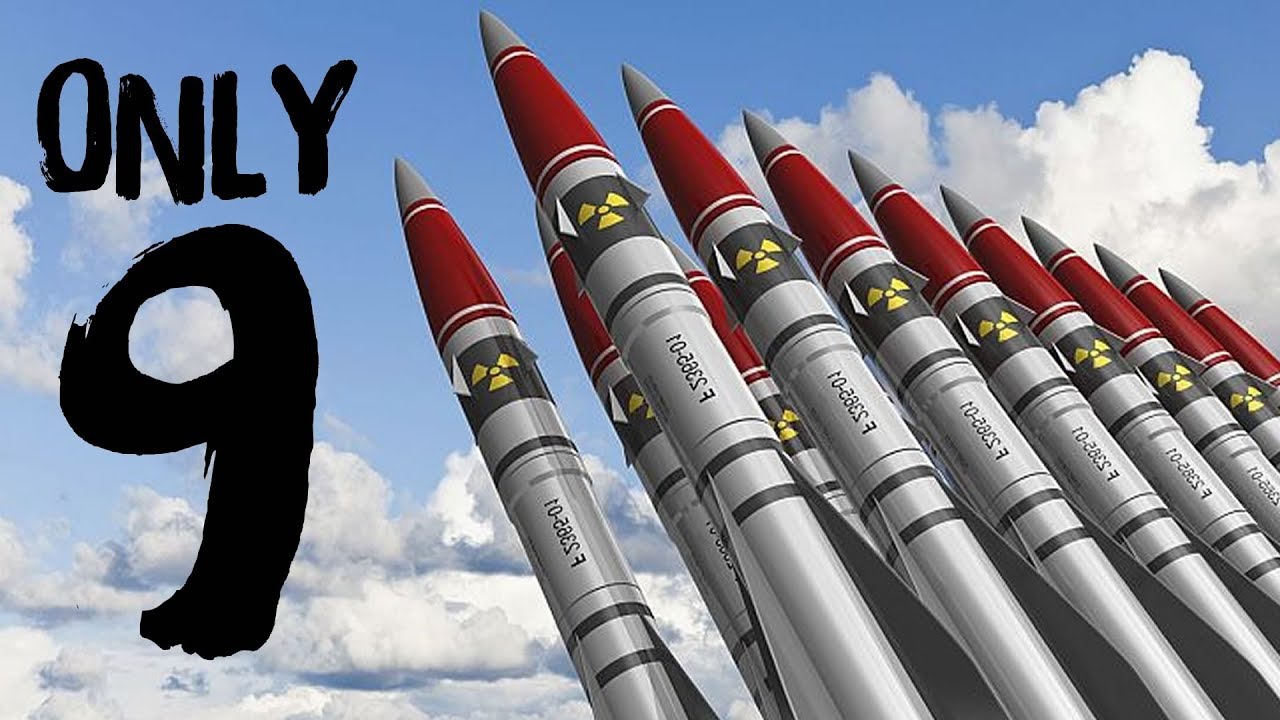The development of nuclear bombs was one of the pivotal moments in the history of humans. The invention of bombs, specifically nuclear bombs can only be rivaled by that of computers and mobile phones. Even though the use of the nuclear bomb is ethically one of the worst things on this planet, many countries have attempted to make this warfare equipment to beef up their military and to safeguard themselves from any future wars and attacks. Nuclear weapons are considered great for deterrence as the enemy is less likely to launch an attack on a country if the country has the ability to retaliate with nuclear bombs that can result in mass destruction.
Only a small number of countries have nuclear bombs and weapons as of now. While this greatly reduces the chance of a full-blown nuclear war, it still does not completely eliminate the threat of war. So, why do only a small number of countries possess such powerful warfare tools and is it illegal for other countries to make their own atomic weapons?
Related: How Did Christopher Nolan Create A Real Nuclear Explosion In ‘Oppenheimer’?
Which Countries Have Nuclear Weapons?

It is possible for anyone to develop nuclear weaponry theoretically. One needs to have the facilities, knowledgeable workforce, and budget to develop nuclear bombs and weapons. Natural resources like Uranium and Plutonium availability also determine weapons manufacture. But with regard to such artillery, one also has to consider the ethics and morals pertaining to the usage of such weapons. These weapons not only impact the current generation but also multiple generations of humans after.
Currently, only nine countries in the world possess nuclear weapons. These countries are Russia, USA, France, China, UK, India, Pakistan, Israel, and North Korea. The United States and Russia were amongst the first countries to test nuclear bombs and they currently own 90% of the total nuclear armaments stockpile.
Robert Oppenheimer, a theoretical physicist from the USA is considered the ‘father of the atomic bomb’. USA and Russia developed their nuclear bombs in the background of World War II. Soon after the war ended, countries like UK, France, and China carried out their own nuclear experiments and developed weapons.
Whereas India, Pakistan, and Israel developed the technology by defying the treaties. Although the countries never signed the NPT, it was expected that they won’t develop their own nuclear weapons. However, India and Pakistan developed nuclear weapons to deter each other and safeguard their own country from the other. The countries were also imposed with economic sanctions as they were undeclared nuclear states carrying out tests on nuclear weapons.
In Case You Missed It: Why Did The US Drop Nuclear Bombs On Japan? What Did Japan Do After The Attack?
Treaties In Place To Practice Nuclear Deterrence

Many treaties have been signed globally to prevent any full-blown nuclear war between multiple countries leading to the deaths of millions around the globe, much more than the number in World War II. These treaties make it difficult for the countries that signed the treaty to manufacture nuclear weapons and test them. As a result, the number of countries possessing nuclear weapons has been controlled.
But these treaties are not foolproof and countries can choose not to sign them or to outright leave the pact to carry out their own experiments. This is what happened with NPT. Non-Proliferation Treaty or NPT was signed in 1969 by 190 countries to prevent the further development and spread of nuclear weapons. While 190 countries signed the treaty, countries like India, Pakistan, and Israel didn’t. North Korea also left the treaty in 1993.
Another treaty signed to prevent a nuclear war is the Treaty on Prohibition of Nuclear Weapons. This treaty is aimed at outlawing the use of nuclear bombs and complete elimination of them in the future. The treaty has been signed by 92 countries.
The main drawback of the treaty is that all of the countries that possess nuclear weapons have not signed it. Therefore, its implementation has been affected. But these treaties, mostly make it difficult for a country to develop nuclear weapons. Hence, limited nations own nuclear warheads and weapons.
You May Also Like To Read: Did Oppenheimer Win A Nobel Prize?






